Scientists have noticed that plants engage with their surroundings in manners suggesting consciousness, according to some researchers' claims.
Paco Calvo, who is a faculty member at the University of Murcia, Spain has been studying plant intelligence and problem-solving for many years, discovering that the mimosa seems to 'acquire knowledge through experience' as it ceases to curl up.
"In psychology, that represents the fundamental type of learning," Calvo explained to DJOGDJA NEWS.
This sequence of folding followed by ceasing to fold aligns with the notion that the plant acquired knowledge through experiences rather than inheriting it genetically.
The professor further mentioned that various plants convey information using chemical signals, tackle challenges, and seem to exhibit something akin to memory.
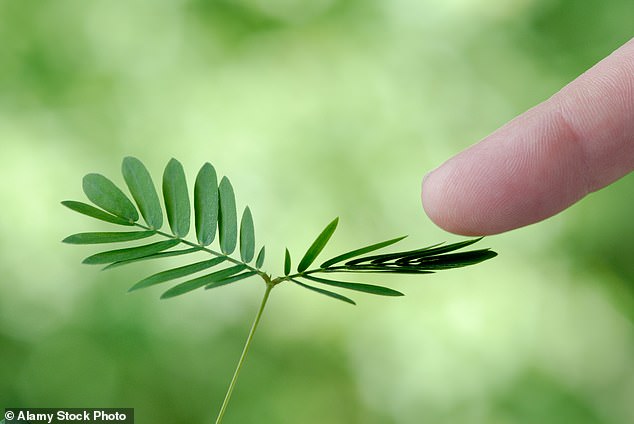
A number of researchers characterize intelligence as possessing a central nervous system through which electrical impulses travel from one nerve cell to another for processing information.
Plants possess a vascular system instead—a network of cells designed to transport water, minerals, and nutrients to support their growth.
"We view plants as resources—for fuel, oxygen, textiles, and food—but we fail to appreciate them simply for what they are," stated Calvo.
'By grasping an alternate form of intelligence that doesn’t necessitate brains, maybe we can fathom what brings us together within the tapestry of existence.'
We have to locate the main key.

Certain plants seem to 'memorize' drought conditions, using water more sparingly compared to those that haven’t experienced such shortages before. Similarly, strawberries can learn to link light cues with areas rich in nutrients, as explained by the professor.
He went on to say that plants also synchronize their pollen release with times when pollinators like bees are active.
Scientists have likewise theorized that plants might possess the ability to count, reach conclusions, identify their kin, and perhaps retain memories of past occurrences.
The issue lies in how humans perceive intelligence, basing it on our own standards—standards that revolve around creatures with brains. This narrow focus causes us to overlook potential forms of intelligence and awareness beyond what we recognize.
'In our opinion, you must be considered an animal to be intelligent, which is a rather narrow perspective,' stated Calvo.
A new research carried out at Cornell University discovered that goldenrod plants release a chemical when consumed by beetles, which makes the insects believe the plant is injured and not a good food source—then neighboring goldenrods follow suit.
Andre Kessler, a chemical ecologist and professor at Cornell University, stated: "This aligns with our understanding of intelligence."

'Based on the environmental input it gets, the plant alters its typical actions.'
Calvo is part of an increasing group of researchers advocating for a fresh perspective on how plants tackle issues and exchange information. They argue that plant behavior shares similarities with human thought processes, albeit lacking a centralized organ like a brain.
'When plant cells experience changes in voltage through action potentials, they function similarly to neurons in the brain. In the case of the Venus Flytrap closing after touching its trigger hair twice, this is due to such an action potential,' he explained.
'Lacking a brain or nervous system doesn’t imply that you can’t engage in electrochemical signaling!'
Calvo has similarly proposed that plants 'think' utilizing their vascular system—a network of cells responsible for transporting water, minerals, and nutrients to support growth.
However, it's utilized for transmitting information, he pointed out.
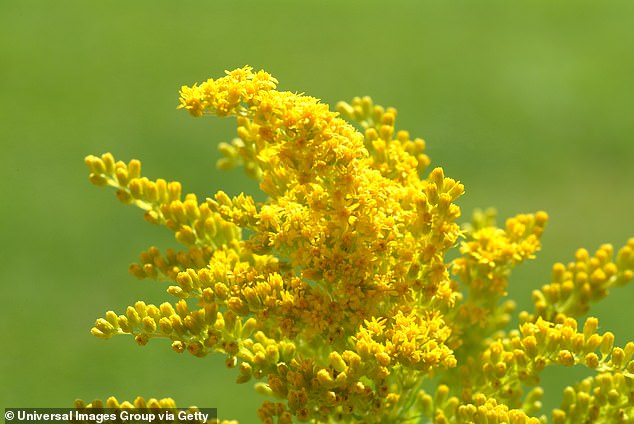
' lacking a brain or nervous system does not imply the absence of electrochemical signaling in some capacity,' the professor went on to explain.
You have electrical impulses moving through the circulatory system — this means your plant doesn’t just react locally to being touched; it can also respond at the opposite end of the organism.
'Although plants lack a brain, they utilize electrochemical signaling at their distinct pace to sustain themselves.'
Calvo mentioned that the neurotransmitters found in human brains, like glutamate or GABA, are also present in plants—and they can be utilized similarly at times.
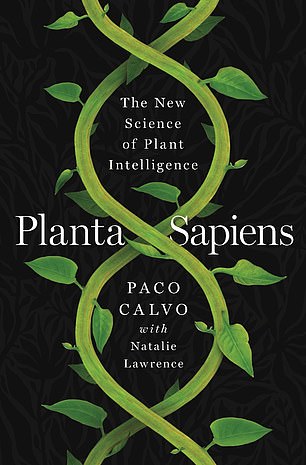
'So, if you have a plant with a caterpillar eating its leaf, the plant can employ the neurotransmitter glutamate to initiate a calcium wave across its stem and leaves. This process generates a protective chemical defense to fend off the caterpillar,' he clarified.
Calvo stated that plants must adopt a distinct survival approach compared to humans due to being anchored in the ground; hence, their tactic is to “spread and dominate.”
‘So if you try to grab or attack an animal, it can fight back,' he explained.
When it comes to plants, they can't perform those actions—therefore, their approach is to maintain a completely decentralized system.
If you cut off a limb, they can sprout another branch. However, if you were to amputate my arm, I wouldn't be able to regrow it.
Studying plant intelligence might play a key role in enhancing our self-understanding and combating climate change.
'We view plants primarily as resources—for fuels, oxygen, textiles, and food—but we fail to appreciate them simply for what they are,' stated Calvo.
If we manage to comprehend a different type of intelligence that doesn’t necessitate brains, maybe we can grasp what brings us together within the tapestry of life. Identifying this master key is crucial.
Read more


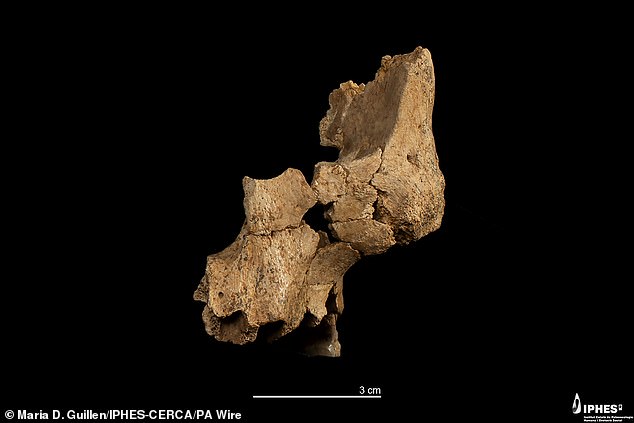
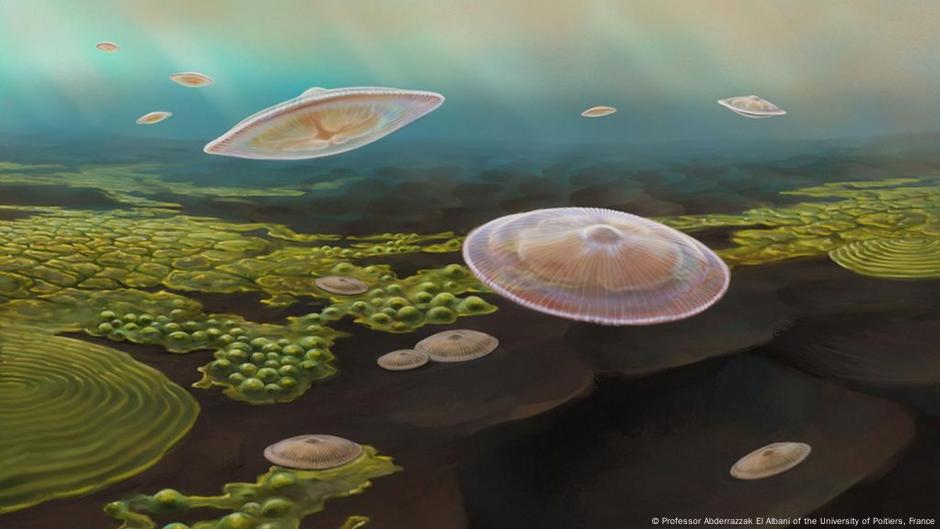

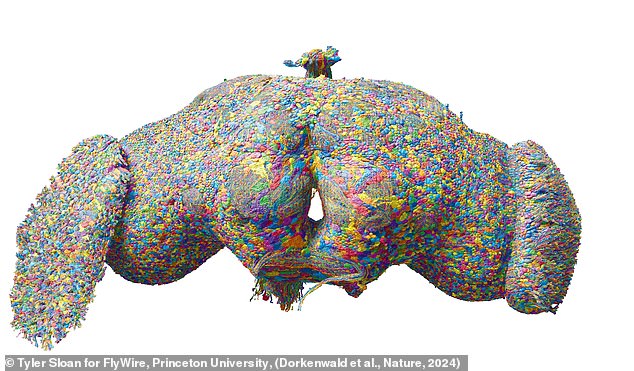
0 Komentar